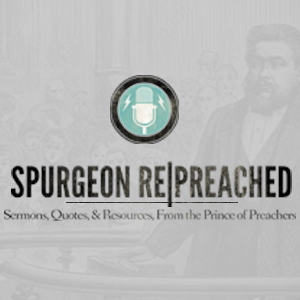‘Christ died for the ungodly.’—Romans 5:6.
CONSCIENCE in every man must tell him that God is just, and, as a necessary consequence, that God must punish sin. Then comes the question,—How can God be just, and yet the justifier of the ungodly? The answer is,—There is redemption in Christ Jesus. God is ‘just, and the justifier of him which believeth in Jesus.’ Believers are ‘now justified by his blood.’ In Jesus, God’s justice is vindicated to the very utmost, and yet his mercy shines forth in all its glory. The religion which denies the doctrine of the atonement is not of God, and never can succeed. It may hold together the few, who affect to be intellectual, because they are ignorant. The doctrine of the substitutionary sacrifice of our Lord Jesus Christ is the fundamental principle of the Christian religion. This is the only doctrine that teaches how justice can have its full dominion, and yet mercy exercise its sway. Here we have a full-orbed mercy and a fullorbed justice; and neither of them eclipses or casts a shadow over the other. All God’s attributes are at one at Calvary. We must stem the torrent of error by preaching ‘Jesus Christ and him crucified.’ As we clearly proclaim the gospel, ‘as the truth is in Jesus,’ we shall undermine every citadel of error and falsehood; and we must often preach the great central truths of the gospel, such as this, ‘In due time Christ died for the ungodly.’ ‘While we were yet sinners, Christ died for us.’ ‘For Christ also hath once suffered for sins, the just for the unjust, that he might bring us to God.’
~Charles Spurgeon~
C H Spurgeon’s Forgotten Early Sermons: A Companion to the New Park Street Pulpit–28 Sermons Compiled from the Sword and the Trowel (Leominster, Day One Publications, 2010), 57-58. Delivered on Thursday evening, 14 May 1857. Reported by Pastor T.W. Medhurst, Cardiff










